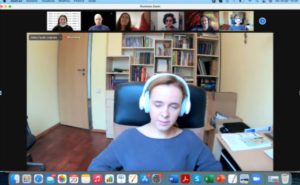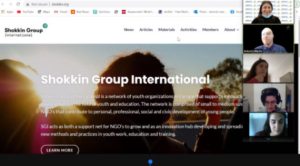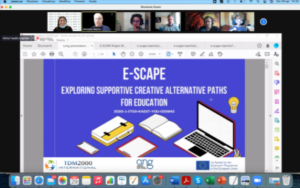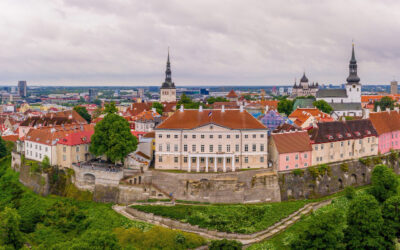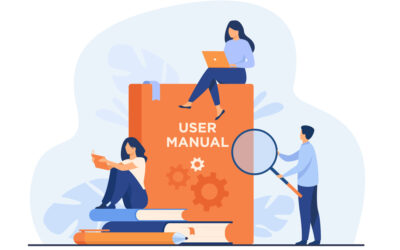The research on the state of art on educational escape rooms in Europe has been finished and it has involved youth workers and other target groups in focus groups and individual interviews in Estonia, Spain, Italy, Portugal and Lithuania.
Here the common conclusions of it:
“The countries involved in the research have slightly different realities with regard to creative learning environments. In general, however, we can conclude that this concept is still very much linked to non-formal education methods and still has little official state support. Nonetheless, there is a clear will on the part of educators and professionals working with young people to implement creative spaces as a methodology, and they are given due appreciation and recognition to it as a tool to enhance the skills of youngsters and children.
However, we will now present the main conclusions drawn from the study done in each country, in order to get to know the different realities in the European Union regarding the topic in question.
Estonia is heading towards designing more modern and adaptive learning environments in formal schools, university and youth work structures.
Even though we see that the overall attitude towards using educational games and developing creative learning spaces is positive and more educators would like to see that in their practice, no mentions in the state curriculum of creative learning environments or similar have been found, which makes it difficult to assess whether this shift is going to be made at a large scale or not.
According to the current policy, educational institutions and youth centers have quite large independence when it comes to shaping the curriculum, designing a space and developing internal working and teaching arrangements, making some places more modern than others. This brings freedom of expression to educators, while also creating a gap between innovator educators and the majority.
There are few independent NGOs, including Shokkin Group, who are leading experimentation with educational games for the youth work and secondary education fields. There is practical interest in designing full packages that equip educators with everything necessary to implement an educational game.
In conclusion, it seems creative learning environments are at an early stage, while teachers and educators look for added value of creating a space for ideas, providing a space for discussion in their practices.
In Italy, concerning creative learning spaces, there are many experimental schools that use approaches related to digitalization and non-formal education methods in the frame of formal education. Regarding the third sector, creative space learning is frequently used and nowadays, in the most innovative companies, the use of gamification is becoming more popular. In 2018, the Italian Ministry of Education created a law to fund and create experiential spaces of learning, mixing virtual and innovative ways of education with more equipment to enable young people to work differently, but there is still a lot to do to reach high levels.
Through the focus group made within the Italian partner, we realized that all the organisations and youth workers stressed the lack of competences and guidance in the creation or assessment of tools ready to be used with youngsters. However, the main attitude towards creative learning at national level in Italy from the third sector and youth workers is seen as open, and they use a lot of innovative and creative learning spaces to work with young people.
Once we go instead to the schools and university, the improvements are coming slowly or almost not existing due to the lack of competences and proactive attitude of both teachers and the ministry of education to adapt and renew the activities. There have been different programmes to promote and test new ways of learning for students using their creativity and hidden talents. Most probably, these changes will slowly be coming with the actual change of generation of teachers. Anyway, globalization and the low and bad results of the continued use of old-style methods and spaces is not giving results. This means that, from the education field, there is this awareness and the need to bring innovation.
In Lithuania, there are different examples regarding creative learning environments, but the most popular version is the classical escape room version (usually for fun and team-building) and portable escape rooms which can be transported and implemented quite easily.
Based on the gathered information from the desk research and focus group interviews, people tend to connect and relate creative learning spaces with non-formal education practices and methods. According to some answers and data, youth workers and educators tend to create such environments by using various simulations, treasure hunts or by giving very flexible methods which involve emotional intellect and soft skills/competences.
Regarding Portugal, research and studies related to creative educational environments are still very scarce. The educational system itself has also not promoted projects focused on this sphere.
At the level of formal education, we can see that professionals are willing to foster creative educational environments, and there are a growing number of initiatives related to this topic. However, as there is little support from the educational system and most of it is focused on the digital transition, with a gap in all other methods, these good practices come mainly from the individual initiative of educators and schools. We can, therefore, conclude that the articulation with the Directorate General of Education is weak and little encouraged by it.
Regarding non-formal education, we found some organizations and associations that are open to the promotion of these creative educational environments and carry out practices that foster them.
From the focus group, we noticed that the participants have a very clear perception of how to create a creative educational space, and they were even able to present examples that they have already put into practice in the past.
However, in general, the national attitude towards this topic is still not expressive and can hardly be changed if there is no greater support from the Portuguese educational system.
In turn, Spain is a country where there is room for creative learning environments in formal and non-formal education, as well as the implementation of innovative educational practices such as educational Escape Rooms, and there are many professionals willing and eager to do so, even with the difficulties that may be involved in the process.
The Spanish education policy documents allow educational institutions to have a certain degree of freedom to apply innovative practices, and the new education law (LOMLOE) pays special attention to the development of digital competence of students at all educational stages. Spain has official institutions and projects/methodologies directed towards innovation and creativity in the classroom, and the academic articles reviewed show that educators consider Educational Escape Rooms a useful tool with great potential.
But professionals working with youth feel a clear lack of resources and support, which means that they must invest a lot of time and effort in order to implement these methods and tools.
From the focus group conducted for this research, we can draw the conclusion that professionals working with young people in Spain see a clear need for active, new and innovative learning methodologies.”
More content on the research will be included in the Manual as main publication of the Intellectual output 1.
Follow us for more!
